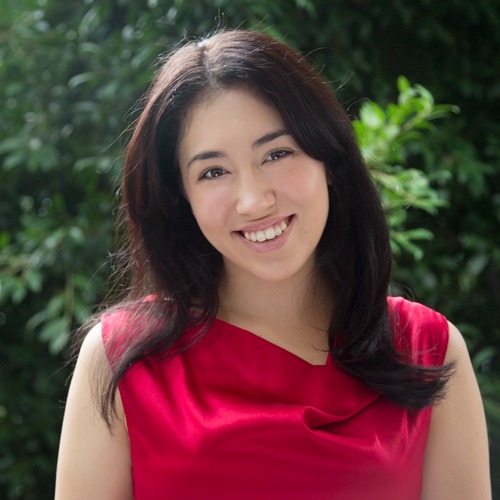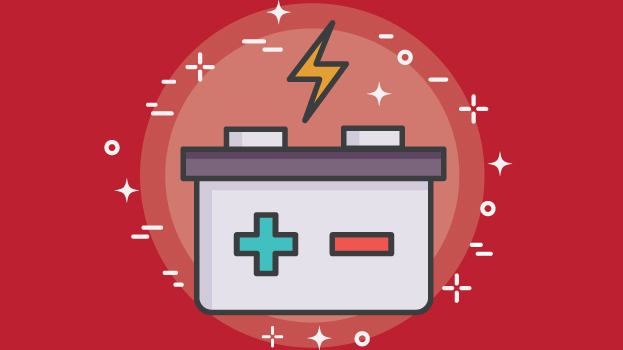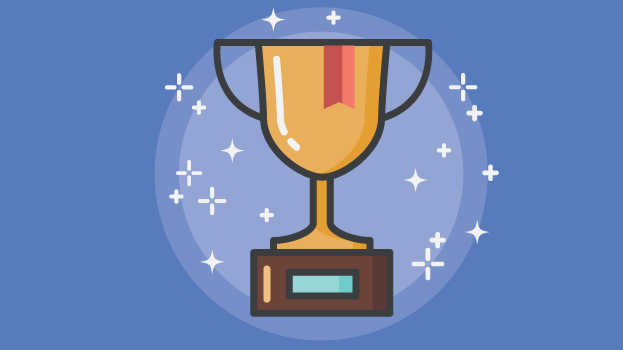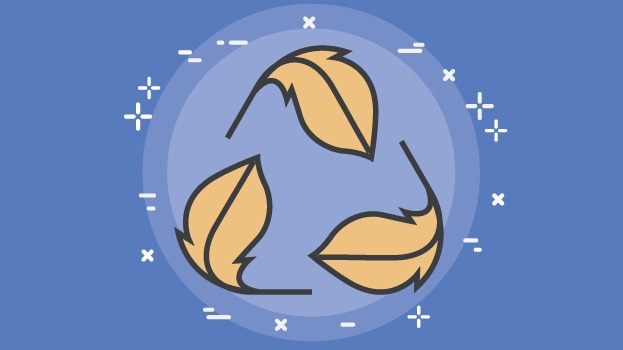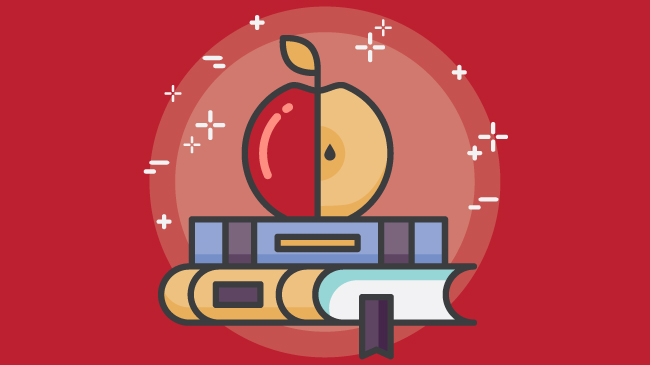As big supporters of Gender Equality, there was no doubt in our minds that we were going to show our support for the #EachForEqual Campaign in celebration of International Women’s Day 2020.
With everything that is happening around the world at the moment since the rise of the #MeToo and #TimesUp movements, the creation of the HeForShe foundation by the UN, Women’s Marches around the globe and many more initiatives which are fighting for equality, we believe it is our responsibility to participate in the conversation and make a change for a more gender-equal world.
It is shocking to realise that in 2020, women around the world, regardless of race, religion or sexual orientation still have to fight daily, both at home and at work, to overcome gender inequality.
To illustrate how far we still have to go, here are a few figures on gender inequality worldwide:
1. In 2016, just 57% of the world’s working-age women were in the labour force, compared to 70% of working-age men.
2. Women with full-time jobs still earn only about 77 % of their male counterparts’ earnings.
3. 62 million girls are denied an education all over the world. #UpForSchool wants to change that.
4. Every year, an estimated 15 million girls under 18 are married worldwide, with little or no say in the matter. Girls Not Brides studies the problem and is working to find workable solutions. They know that education and empowerment for girls are the first steps. You can help by sharing the facts or donating to projects making a difference.
5. 4 out of 5 victims of human trafficking are girls. The Malala Fund raises awareness and funds for girls to get out of this cycle and into school. (Malala Fund)
6. On average, 30% of women who have been in a relationship report that they have experienced some form of physical or sexual violence by their partner.
7. In Saudi Arabia, women were, until recently, not allowed to drive and are discouraged from working jobs that would put them in contact with men. The unemployment rate for women is 33 per cent for women, 7 per cent for men.
8. Women around the world aged 15-44 are more at risk from rape and domestic violence than from cancer, car accidents, war and malaria. The United Nations has a list of suggestions to help change this statistic, improving the lives of women and girls.
9. Around the world, only 32% of all national parliamentarians are female. That’s more than double the number in 1995, but still a marker of slow change. Running Start is an organization that helps bring young women into politics. Learn about their programs and events here.
10. Women currently hold 24, or 4.8% of CEO positions at S&P 500 companies. Mentorship programs like Step Up help keep girls in school, getting them that much closer to an executive position. Learn how you can play a part.
11. Less than 30% of the world’s researchers are women. Google has a program to inspire the next generation of tech innovators. Learn how to help girls gain exposure to careers in science and technology. (UNESCO)
12. One in three women worldwide have experienced either intimate partner violence or non-partner sexual violence in their lifetime. Amnesty International pushes for laws that recognize this statistic, and its website has a list of ways to get involved in the change.
“We believe it is our responsibility to
participate in the conversation.”
Earlier, we looked at how to #BalanceForBetter. This year’s IWD theme, #EachForEqual, invites supporters to be vocal about gender parity and take a stance for equality. In support of such an initiative, we invited our whole global team to share their thoughts on what gender equality means to them.
Today, we share with you 3 pieces from 3 team members located in 3 different locations (Europe, Africa & Australia). Incidentally, all 3 authors today are also men. Men who would like to participate in the conversation. Men who want to fight for gender equality. Men who want to make a difference for a better world.
But before we find out what they have to say, let’s look at what “gender equality” actually means…
Gender equality, equality between men and women, entails the concept that all human beings are free to develop their personal abilities and make choices without the limitations set by stereotypes, rigid gender roles and prejudices.
Gender equality means that the different behaviours, aspirations and needs of women and men are considered, valued and favoured equally. It does not mean that women and men have to become the same, but that their rights, responsibilities and opportunities will not depend on whether they are born male or female.
Gender equity means fairness of treatment for women and men, according to their respective needs. This may include equal treatment or treatment that is different but which is considered equivalent in terms of rights, benefits, obligations and opportunities.
If you believe in gender equality, you are a feminist.
Feminism by definition is the belief that men and women should have equal rights and opportunities. It is the theory of political, economic and social equality of the sexes.
Gender Equality in 2020? We still have a long way to go… by Jan Rieche
Recent IPSOS polling has shown, that while two-thirds of Australian respondents said achieving equality between men and women was “personally” important to them, one third believed “things have gone far enough” when it comes to giving women equal rights to men.
The study, conducted in collaboration with the International Women’s Day movement, probed attitudes and misconceptions about gender equality across 27 countries.
I can empathise, understand and appreciate that everyone has the right to his or her own opinion, but I find this statistic shocking.
In a time where there is still ongoing sexual harassment & assault, an “official” gender pay gap of about 18% (2015 figures), a maternity/paternity leave discrepancy and much much more, how can anyone believe that “enough has been done” to combat gender inequality?” Even though society has gone leaps and bounds from where we were only 100 years ago, there is still so much to be done.
Taking a closer look at this study, it shows that in Australia, 45% of women and 25% of men identified themselves as feminists when the term was left undefined. The number rose to 59% for women and 44% for men once the term “feminist” was defined as “someone who advocates and supports equal opportunities for women”.
“I can empathise, understand and appreciate that
everyone has the right to his or her own opinion,
but I find this statistic shocking.”
Even though this figure is 2% lower than the international average, it shows that almost every other male in Australia supports further action to be done to overcome gender inequality.
A clear majority of Australians believe they personally can help promote greater gender equality. In fact, 57% agreed “there are actions I can take to help promote equality between men and women” which was a little above the international average.
This is a great start and the numbers are growing here in Australia and globally. But when only 3% of the global Fortune 500 companies’ CEOs are women, when day-care is outrageously expensive and an unfair schooling system promoting high fees for private schools are preventing women from returning to the workforce, then A LOT is still to be done.
Unfortunately, I do not find myself as optimistic as nearly 50% of women in that poll who believe that inequality will cease to exist in their lifetime.
I believe that real change will only begin to happen when men on a global scale perceive gender equality NOT as a “woman’s issue” but as a human rights issue.
Gender Equality means having the freedom to be your true self… by Simon Miclet
Today, women account for 53% of the world’s bachelor’s and master’s graduates. This is proof of the significant progress we have made in the last 100 years. Yet, university degrees unfortunately do not reflect once we look at career follow through.
For instance, a lot more women have been found to study engineering, yet they are still underrepresented in engineering fields. On the other end, men are also still underrepresented in the health care industry. It is not so much the industry that matters but more the value we place on the industry.
Engineers earn much more than those in healthcare (nurses, child care) even though they are needed just as much. If engineers are mostly men and healthcare workers mostly women, how can we ever expect culture’s perception of earnings to change?
“There is a clear values-based case
for promoting gender parity.”
The last Global Gender Gap Report puts it simply: “there is a clear values-based case for promoting gender parity: women are one-half of the world’s population and deserve equal access to health, education, economic participation and earning potential, and political decision making power […] Ensuring the healthy development and appropriate use of half of the world’s total talent pool has a vast bearing on the growth, competitiveness and future-readiness of economies and businesses worldwide.”
Hence, gender equality can only bring positive change. Especially from a cultural, political and socio-economic point of view. Yet, for me, gender equality is even more than that.
Gender equality offers the freedom to be our true selves. In my opinion, gender equality is not a battle between the sexes, it is a battle for choice. The choice to be whoever and do whatever we wish without the burden of gender assumptions and stereotypes.
“Gender equality offers the freedom to be our true selves.”
A world where gender equality is a reality means that as a child, the world would be your oyster. No game, sport, colour, clothing, subject, etc. would be out of reach. As a student, one would be able to pursue any field, anywhere in the world. You would be able to party safe (or to not party at all without judgement). You would be able to follow your instincts, likes and dislikes without judgement or confusion.
As an adult, you would be able to share your life with the person of your choice, once again without judgement. You could decide your career path based on your interests, not what society expects of you. All this because you knew that your gender would never limit your opportunities or life choices.
A gender-equal world would enable everyone to just be who they want to be without worrying about stereotypes and clichés. In this “ideal world”, rights and pay would be equal and discrimination would be diminished. We would be valued for our work ethic, our compassion, our empathy not our gender.
This is a world I look forward to. A world I want to fight for.
Gender equality will only become a reality if we shift our perspective… by Jacques Reynaud
When asked what gender equality means to me, I was stumped. Had I ever thought of this in detail before? So naturally, I turned to my wife, who replied: “Gender equality is about receiving equal rights and equal pay.” Her answer was simple, pragmatic, straightforward and completely evident to me. Yet, why is it still not a reality today?
Why are we so behind on the basic principles of fairness and equality? How can we bring change? Real change?
Let’s shift our perspective for a minute, shall we?
Organisations (of all kinds and sizes) thrive in stable & democratic environments. When certain things are repeatedly unfair, it creates instability and chaos. There are many ways to regain stability, but for the purpose of this article, I will share 2 options with you.
Option 1: Governments or governing bodies need to use force and abuse their power by imposing laws and rules for the purpose of creating equality. This might create unfair conditions during the process but in the long term, stability would open the door to equality.
Option 2: Raise awareness and better education so as to infiltrate the masses on a deeper level. With empathy, show them the problems that arise when inequality reigns. Get them on your side. This takes a lot longer but the result is more often than not a lot stronger.
People need to have a better understanding of what fairness is and why fighting for gender equality is “the only reasonable and rational thing to do”. Only when everyone is invited to the conversation and understands the benefits for both sides, will men and women finally be able to move ahead together instead of against each other.
“People need to have a better understanding of what fairness is and why fighting for gender equality is ‘the only reasonable and rational thing to do’.“
Indeed, it is proven that education and culture from young dictate our behaviour. If from an early age, we are constantly exposed to certain stereotypes, if we are fed the same clichés over and over again to the point where they become the norm, if we always hear that blue is for boys and pink is for girls only, then the opposite is not easy to imagine.
Research proves that we are instinctively more at ease with people who are “like us”. Research also clearly shows that diversity (not only gender) is a very strong driver for performance.
This has been proven over many years, specifically through the “Implicit Project”. The project has been running for over 20 years now and reveals that implicit preferences can indeed predict behaviour. “Implicit preferences come from what is safe. And somehow, blue for boys and pink for girls is “safer” than the opposite because we have been taught this for longer than we can remember.”
Change is not safe. Far from it. But change is necessary to make a better tomorrow.
So what can we do to make this happen?
Education. In order to instil change, we need to start from the very beginning. We need to give everyone the tools they need to understand the benefits of gender equality.
Awareness of our own biases. Whether instilled by our culture, our education, our role models, our background, our religion, etc. We need to be aware of them to combat them.
Citizen attention and action: influential channels are not only schools and parents; they come in many more forms both offline and online. Responding to bias content, stating unacceptable behaviour when they occur, speaking up even “when it goes without saying” to those for whom it is not so obvious.
Indignation. If you witnesses unacceptable behaviour that goes against the values of gender equality, indignation is a powerful social pressure tool and behaviour changemaker… as long as it is used constructively.
Dialogue. Engage in dialogues and debates with people with opposite views. For this, change needs to happen at an individual level and needs to be done with empathy and compassion.
Government Support. It is their role as our voted officials to ensure that gender equality becomes a reality. They need to have the courage to stand up for what is right rather than for what will give them the most money. We also must support them when they make a change or a mistake. If we systematically undermine their action, then an important warrant of democracy and stability is weakened. This extends to leaders, managers and all figures of influence.
Action. Walking the talk and leading by example is the best way to influence change.
So what does gender equality mean to me? It means fairness is required as the only rational and reasonable thing to do. But it also means embracing the wider population and raising them with us so that they too may grow. At this point in time, this means writing articles, even when it goes without saying…
Walk Hand in Hand towards Gender Equality
At the end of the day, the only way that we will ever be able to #PressforProgress and make change happen is by combining forces. Small differences make big changes. Small ripples can create waves.
Gender equality is not a battle of the past. “Gender equality is today’s battle for the future where everyone has a role to play. Where men, one half of the world’s population, have a role to play.”
No one should be afraid of diversity in all forms which is, as Jacques mentioned, “a very strong driver for performance”.
Embracing diversity is the only way to make the world a gender-equal place. Switching our perception is our duty in order to affect change. Gender Equality is not a cake made of slices that are handed out, with only so much to give. Gender equality is very much like knowledge: it only gets richer by sharing it around.
“Switching our perception is our duty
in order to affect change.”
Instead of fearing women taking away men’s rights whether it be positions, ego, purpose or meaning, men should embrace women presence and see this as a completion of the whole. The ying to the yang.
To make this happen, education (at school and at home) has to play an enormous role by not biasing children at an early age and by showing that fairness has no gender nor colour.
Awareness of our own biases is also essential to start switching our perception and leading by example. By being aware of our daily action that might not be fair, we let the room for actions and dialogues. And to nowadays knowledge, engaging in dialogues and debates is one of the most powerful first step to #PressforProgress.
Keen on joining the conversation? Looking to learn more about this important issue? We recommend watching the videos shared throughout which should inspire you to continue fighting for a gender-equal world.
Happy International Women’s Day from the Polyglot Family.
May this only be the start of long-lasting positive change.












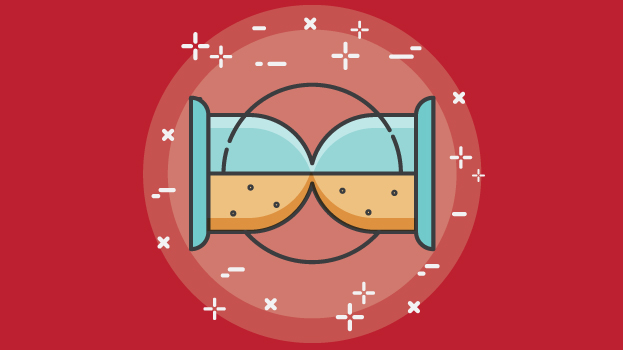
 February 8, 2018
February 8, 2018 

